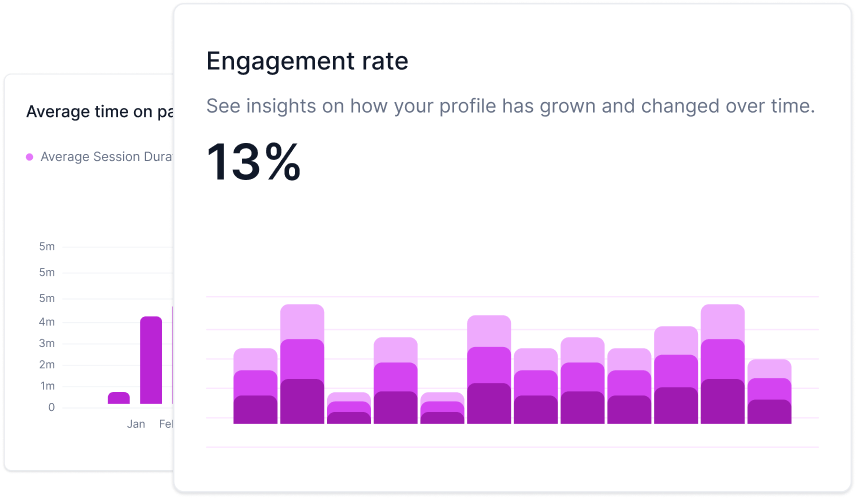What Is Content Marketing?
Content marketing is a digital marketing strategy focused on creating and distributing valuable, relevant, and consistent content to attract and engage a specific target audience. The primary goal is not to promote a product directly but to provide information, educate, entertain, or solve problems, establishing trust and loyalty among your audience.
How Do I Start with Content Marketing?
- Define Your Goals: Begin by defining your objectives. What do you aim to achieve with content marketing? Whether it's increasing website traffic, generating leads, boosting brand awareness, or improving customer retention, clear goals will guide your strategy.
- Know Your Audience: Understanding your target audience is paramount. Conduct research to identify their needs, preferences, pain points, and online behavior. This knowledge will help you create content that resonates with them.
- Content Strategy: Develop a content strategy that outlines the type of content you'll create, the platforms you'll use, and the frequency of publication. This plan will serve as your roadmap for content creation and distribution.
- Content Creation: Start producing content that aligns with your strategy. This can include blog posts, videos, infographics, podcasts, and more. Remember to maintain a consistent brand voice and style.
- Distribution: Share your content through various channels, including your website, social media, email newsletters, and guest posting on relevant websites. Ensure that your content reaches your target audience where they spend their time online.
What Types of Content Should I Create?
- Blog Posts: Blogging is a versatile and effective content format. You can create informative articles, how-to guides, opinion pieces, and more. Blogging allows you to showcase your expertise and answer your audience's questions.
- Videos: Video content is highly engaging and accessible. You can produce product demos, tutorials, interviews, or even behind-the-scenes glimpses of your business. Platforms like YouTube, Vimeo, and social media are ideal for video distribution.
- Infographics: Infographics are visually appealing and convey complex information in a digestible format. They are great for illustrating statistics, processes, or comparisons.
- Podcasts: Podcasts are a valuable medium for sharing in-depth discussions, interviews, or storytelling. They cater to auditory learners and can be a unique way to connect with your audience.
- Social Media Posts: Short and concise content on platforms like Facebook, Twitter, Instagram, and LinkedIn can help you engage with your audience in real-time, share updates, and interact with your community.
How Can I Measure the Effectiveness of My Content Marketing?
- Website Traffic: Monitor your website's traffic to see if your content is attracting visitors. Tools like Google Analytics can provide insights into page views, sessions, and user behavior.
- Engagement Metrics: Track engagement on social media and your website. Look at metrics like likes, shares, comments, and click-through rates (CTR) to gauge the resonance of your content.
- Lead Generation: If lead generation is a goal, measure the number of leads generated through content-specific forms, landing pages, or email sign-ups.
- Conversion Rates: Measure how many of your website visitors are taking desired actions, such as making a purchase, signing up for a webinar, or downloading a resource.
- Return on Investment (ROI): Calculate the ROI of your content marketing efforts by comparing the cost of content creation and distribution to the revenue generated as a result of your content.

